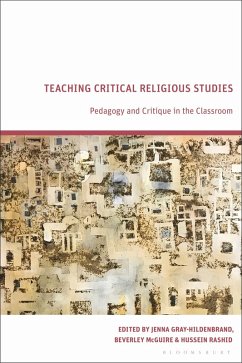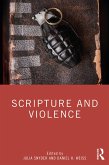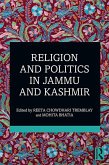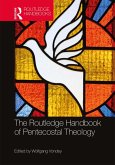Are you teaching religious studies in the best way possible? Do you inadvertently offer simplistic understandings of religion to undergraduate students, only to then unpick them at advanced levels?
This book presents case studies of teaching methods that integrate student learning, classroom experiences, and disciplinary critiques. It shows how critiques of the scholarship of religious studies-including but not limited to the World Religions paradigm, Christian normativity, Orientalism, colonialism, race, gender, sexuality, and class-can be effectively integrated into all courses, especially at an introductory level.
Integrating advanced critiques from religious studies into actual pedagogical practices, this book offers ways for scholars to rethink their courses to be more reflective of the state of the field. This is essential reading for all scholars in religious studies.
This book presents case studies of teaching methods that integrate student learning, classroom experiences, and disciplinary critiques. It shows how critiques of the scholarship of religious studies-including but not limited to the World Religions paradigm, Christian normativity, Orientalism, colonialism, race, gender, sexuality, and class-can be effectively integrated into all courses, especially at an introductory level.
Integrating advanced critiques from religious studies into actual pedagogical practices, this book offers ways for scholars to rethink their courses to be more reflective of the state of the field. This is essential reading for all scholars in religious studies.









